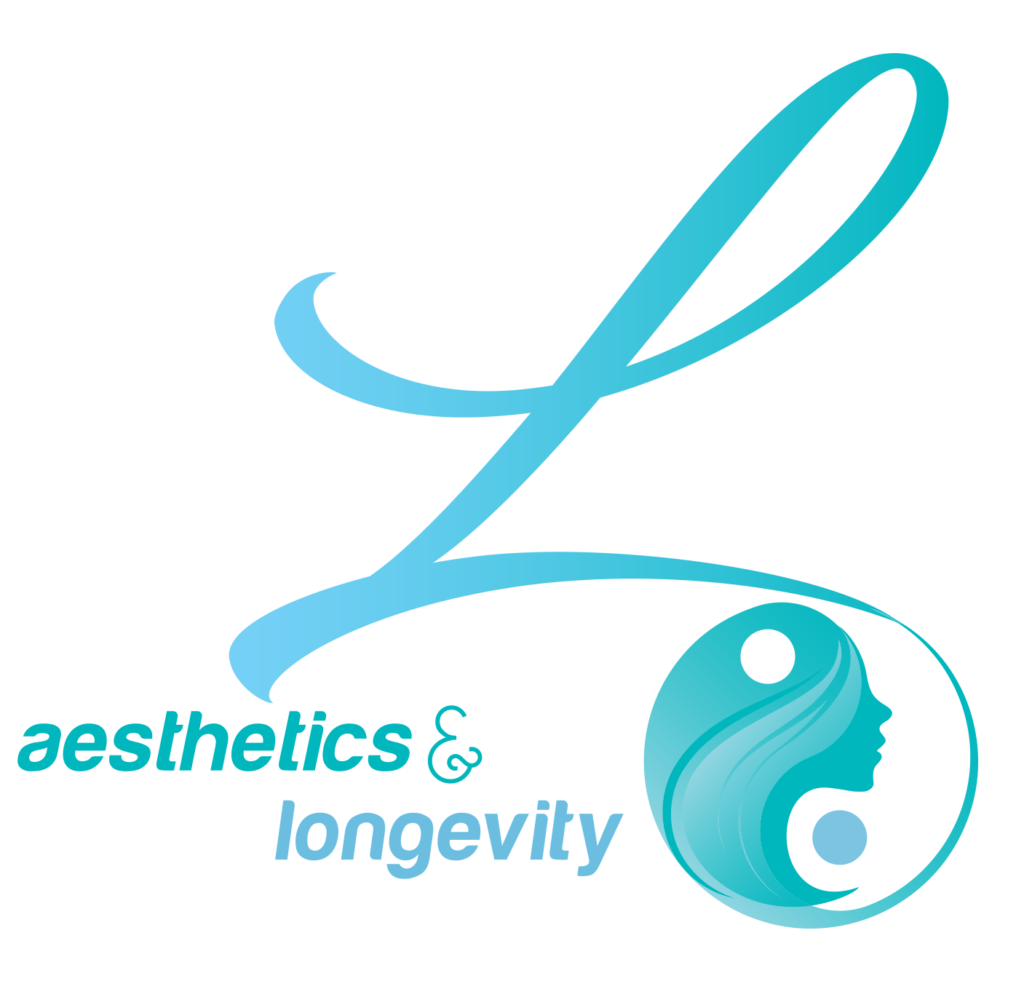Aging is a natural and inevitable part of life, marked by a series of biological, psychological, and social changes. Among the myriad transformations that occur within the human body, hormonal changes play a significant role. Understanding the intricate relationship between aging and hormonal changes is crucial for embracing this phase of life gracefully.
Defining Aging and Hormonal Changes
Aging is a complex process characterized by the gradual decline in physiological functions and the body’s ability to repair and regenerate cells. As we age, the body can undergo changes such as reduced muscle mass, bone density, and metabolic rate, which can impact overall health and well-being.
Hormones are chemical messengers that regulate various bodily functions, including metabolism, mood, sleep, and reproduction. As we age, the production and regulation of hormones by the endocrine system often undergo significant changes. These hormonal shifts can lead to a range of physical and emotional symptoms, including hot flashes, mood swings, and reduced energy levels.
The Interplay Between Aging and Hormonal Changes
Aging and hormonal changes are interconnected processes. The alterations in hormone levels that occur with aging can exacerbate the effects of aging itself. For example, declining estrogen levels in women can contribute to osteoporosis and an increased risk of cardiovascular diseases. Similarly, lower testosterone levels in men can lead to reduced muscle mass and libido. These changes can affect not only physical health but also emotional well-being.
Natural Tips to Lessen the Impact of Hormonal Changes
1. Healthy Diet
A diet rich in fruits, vegetables, and lean proteins can support hormonal balance and overall health. Toxins play a large role in hormonal imbalances, so it is important to eat organic as much as possible. It is important to eat animals that have been fed their natural diet. This would mean grass fed and grass finished organic beef, lamb, and goats, since they normally eat grass and other green plants. Certain foods, like soy and flaxseeds, contain phytoestrogens that may help alleviate symptoms of hormonal changes in women, but most soy crops today are genetically modified and have been sprayed with glyphosate. So we recommend that you avoid soy products for this reason.
Estrogen plays a role in maintaining insulin sensitivity. A decrease in estrogen can lead to reduced insulin sensitivity, which means the body becomes less efficient at using insulin to regulate blood sugar.
Insulin resistance can contribute to an increased risk of developing type 2 diabetes, as it can result in higher blood sugar levels. Thus it is important to cut back on highly processed foods, high glycemic foods, and sweet and sugary dishes.
We recommend everyone wear a continuous glucose monitor for at least two weeks to get an idea of what their blood sugars are doing. Many people are quite surprised at how high their blood sugars go even when eating foods they would not suspect.
2. Regular Exercise
Engaging in regular physical activity, including aerobic exercises and strength training, can boost metabolism, improve mood, and enhance overall energy levels. As we age, it is important to lift heavy things in order to maintain our muscle mass. Doing resistance exercises that work out the muscles also help to naturally increase our testosterone levels.
3. Stress Management
Chronic stress can disrupt hormonal balance. Practices such as yoga, meditation, and deep breathing exercises can help manage stress and promote relaxation. Stress also causes increased cortisol levels which interferes with the body’s ability to manage blood sugar. As we age, it is important to manage stress, keep our cortisol levels down, and avoid having elevated blood sugar or insulin levels.
4. Adequate Sleep
Quality sleep is essential for hormone regulation and overall well-being. Establishing a consistent sleep schedule and creating a relaxing bedtime routine can improve sleep quality.
Avoiding alcohol is an easy trick to increase sleep quality. Some people will drink alcohol to help them fall asleep, but the quality of sleep you get after drinking alcohol is much decreased and not worth the negative side effects.
5. Stay Hydrated
Proper hydration supports various bodily functions, including hormone production and regulation. Drinking an adequate amount of clean filtered water throughout the day is essential. We recommend adding electrolytes to your water, so that your body can use the water better. Electrolytes include sodium, potassium, and magnesium.
Change of Lifestyle Recommendations
1. Regular Health Check-ups
Routine medical check-ups can help monitor hormone levels and detect any imbalances or deficiencies early. Regular screenings are crucial for maintaining overall health.
We recommend that people, even as young as 30 have their hormone levels checked. This will give you an idea what your baseline might be. And we are seeing many more clients these days who are young, but have less than optimal hormone levels.
2. Social Engagement
Maintaining strong social connections and engaging in activities that bring joy and fulfillment can positively impact emotional well-being and hormonal balance.
3. Mind-Body Practices
Practices such as mindfulness meditation, acupuncture, and massage therapy have shown promise in managing hormonal imbalances and reducing symptoms associated with aging.
These practices also help to manage stress and so they have multiple benefits.
Conclusion
Aging is a natural journey that can be embraced with grace and vitality. By understanding the interplay between aging and hormonal changes and adopting healthy lifestyle choices, individuals can navigate this phase of life with resilience and vigor. It’s essential to approach aging not as a decline but as an opportunity for growth, self-discovery, and embracing a holistic approach to well-being. With the right knowledge and lifestyle adjustments, one can age with grace, maintain hormonal balance, and lead a fulfilling life at any age.
This article today was more of an overview, and if you would like more in-depth information, let us know. We will be happy to dive deeper into the various aspects of hormonal health.
